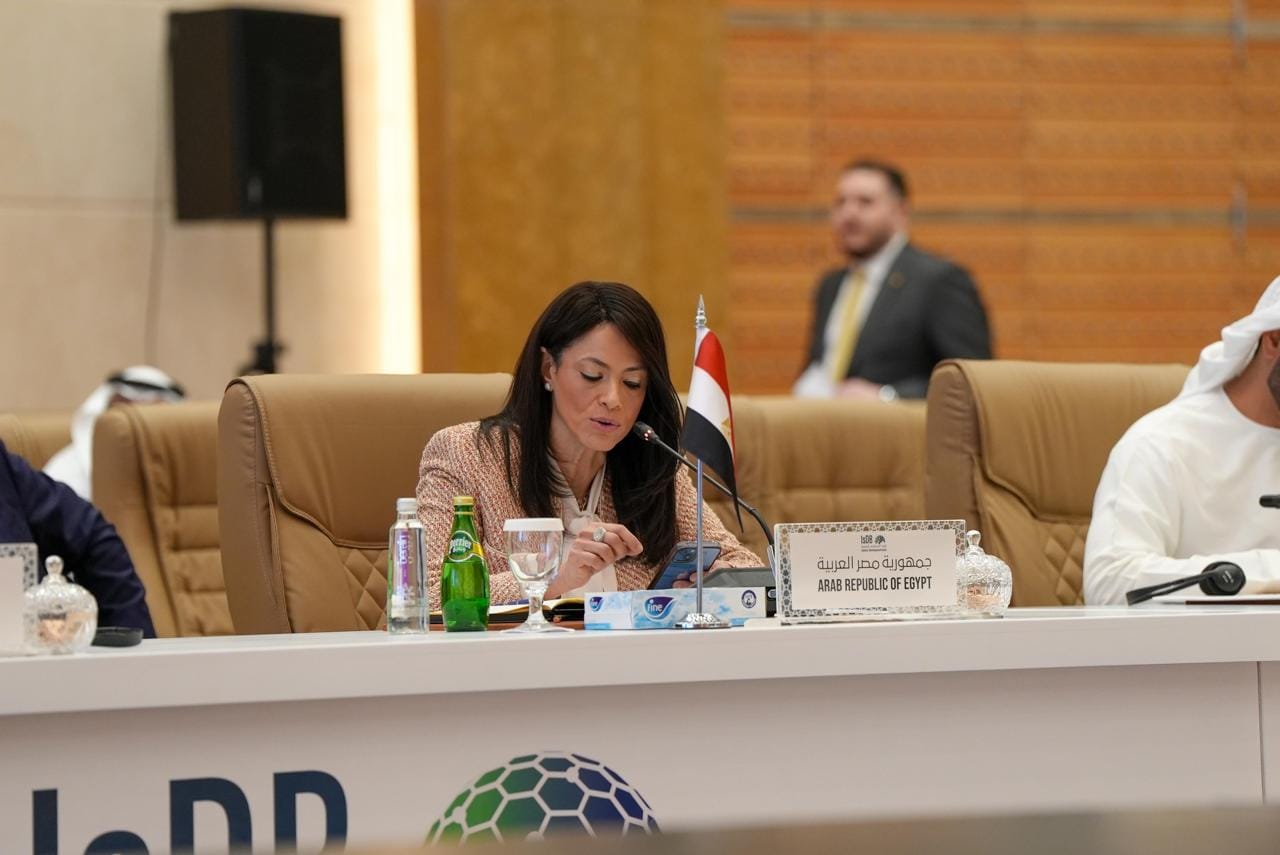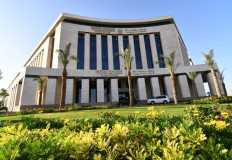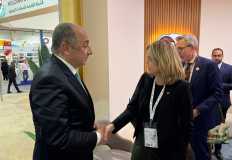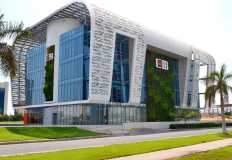
Dr. Rania Al-Mashat, Minister of Planning, Economic Development and International Cooperation and Governor of Egypt at the Islamic Development Bank Group, participated in the Forum of Governors of the Islamic Development Bank Group, held in Medina, Saudi Arabia. This forum took place as the Bank's current strategic cycle nears its 2025 conclusion and a new strategic planning cycle for 2026-2035 commences.
Dr. Muhammad Sulaiman Al Jasser, President of the Islamic Development Bank Group, chaired the meeting, attended by Aziz Faid, Chairman of the Board of Governors and Algerian Minister of Finance, Muhammad Abdullah Al-Jadaan, Saudi Minister of Finance, Ahmed Kouchouk, Egyptian Minister of Finance and Alternate Governor to the Bank, and governors of member states, among other officials.
In her speech, Al-Mashat
underscored Egypt's strong belief in the Islamic Development Bank's crucial
role in advancing economic and social progress within its member nations. She
outlined Egypt's proposed contributions to solidify the Bank Group's strategic
framework for the 2026-2035 period, building upon the substantial achievements
and the comprehensive strategy already presented by the Bank.
She emphasized the critical need
to enhance inter-sectoral integration to address the interconnected challenges
confronting member countries, such as poverty, inequality, and climate change.
Isolated interventions are insufficient. To this end, she advocated for
comprehensive and effective development solutions through multi-sectoral
projects. Examples include sustainable housing initiatives that seamlessly
integrate renewable energy, water, and educational infrastructure. Furthermore,
she proposed the establishment of inter-sectoral innovation labs – pilot
centers that convene expertise in health, education, infrastructure, and the
environment to develop integrated solutions tailored to the unique contexts of
each member country.
Dr. Rania Al-Mashat explained
that these efforts complement the Bank's framework and ensure more efficient
resource allocation, ultimately achieving sustainable long-term results.
Furthermore, she emphasized the
importance of expanding innovative financing mechanisms to meet the growing
resource demands of member countries and address emerging challenges. This
involves enhancing the Bank's existing financing strategies, such as Islamic
social finance for poverty alleviation and community development, and green
sukuk for financing renewable energy and climate-resilient infrastructure,
aligning with global sustainability priorities. She also advocated for blended
finance models to mitigate project risks and encourage private sector
participation.
Notably, this meeting provides a valuable platform for the Bank's governors to discuss their aspirations for the Bank Group, its role, and its strategic focus for the next decade. Through high-level consultations and exchanges of views on the prepared working paper, they will delve into the Bank Group's internal and external context. This analysis will inform the formulation of the Bank Group's strategic framework for the period 2026-2035, guided by key strategic theses.





